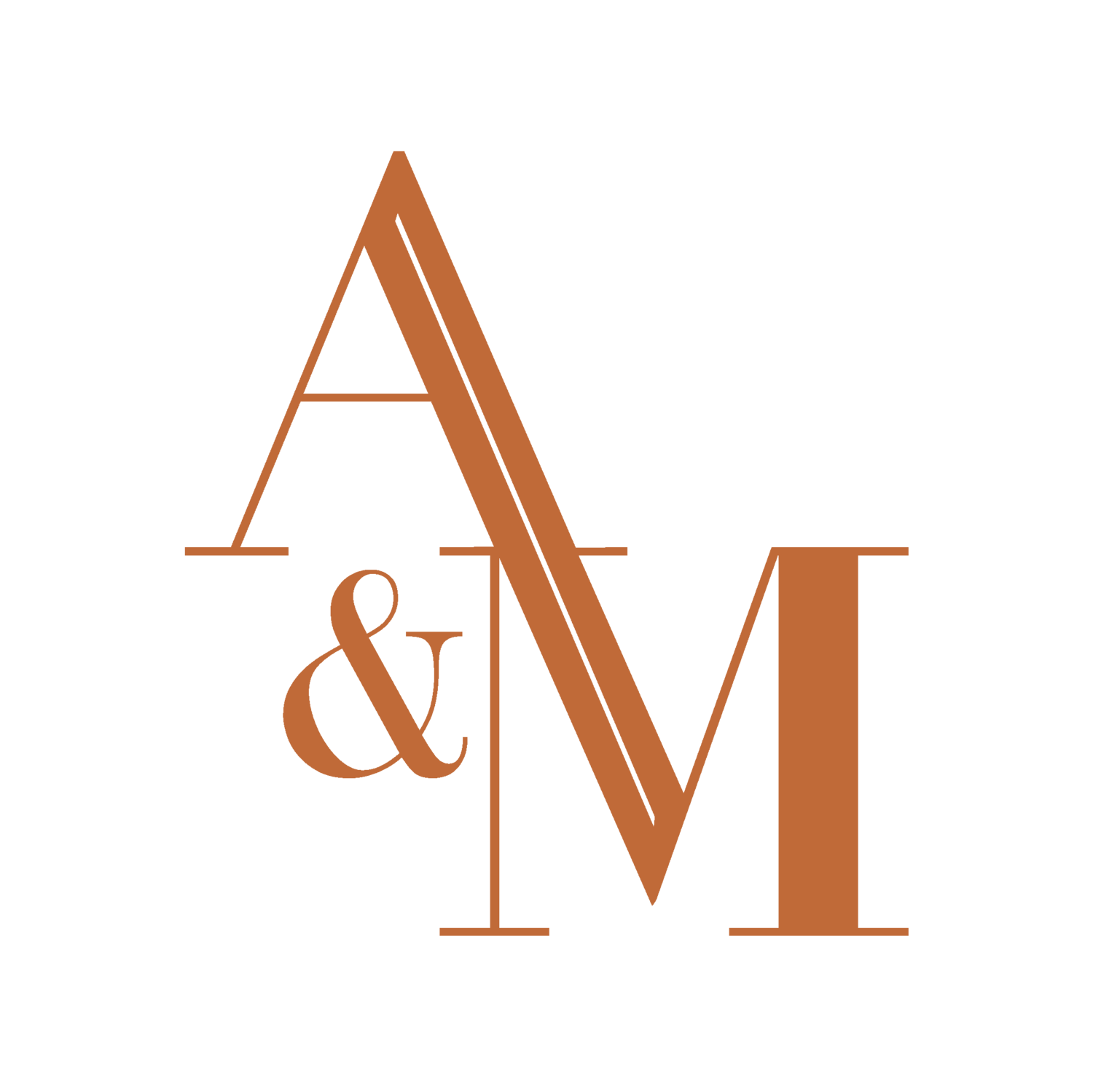Conversation with Baan Noorg Collaborative Arts & Culture
OFF LAB, NKPD and ‘documenta fifteen’
By Shalyn Lim
Image of Baan Noorg Collaborative Arts & Culture’s mini launch event for ‘documenta fifteen’. Image courtesy of Baan Noorg Collaborative Arts & Culture.
Baan Noorg runs an alternative interdisciplinary art programme for developing contemporary art and cultural production for local and global communities. They function as an alternative learning platform for analysing social conditions and the communities as case studies in multidisciplinary fields. In this conversation, we speak to Baan Noorg Collaborative Arts & Culture to learn more about their upcoming participation in documenta fifteen that will be held from 18 June 2022 to 25 September 25, 2022 in Kassel.
Hello! Thank you for speaking with A&M. Could you tell us who the key members of the collective are, and their respective roles?
Baan Noorg's co-founders are Jiradej Meemalai and Pornpilai Meemalai, also known as jiandyin, and the committee includes Taiwanese artists Hsu Chia Wei and Lo Shih Tung, as well as Sakarin Krue-On, who is based in Ratchaburi, Thailand. Our roles are to develop the key mission and the strategy of the organisation in response to global situations.
For ‘documenta fifteen’, jiandyin are the project’s co-directors. The team includes Hsu Chia Wei, Lo Shih Tung, Krittaporn Mahaweerarat, Alfred Banze, Christine Falk, Pakchira Chartpanyawuth, Dangchanok Pongdam and Liam Morgan. We work together horizontally, sharing practices and roles based on our respective professional experiences.
‘Local Agents’, 2019. Image courtesy of Baan Noorg Collaborative Arts & Culture.
What can audiences expect from day Off LABoratory in the upcoming ‘documenta fifteen’ presentation? How different would this edition be from previous runs?
Besides day OFF LABoratory or OFF LAB, there is the NongpoKiDkee (NPKD) programme, which we began in the Nongpho community to engage with children, bringing together new ideas and possibilities to create artistic projects under constraints.
We welcome a diverse team, including Baan Noorg members and guest artists, to brainstorm efficient, site-specific methodologies. The goal is to allow the audience to participate, and become part of the work. It needs to create equity among the actors, collaborators and audiences.
The edition of OFF LAB in the upcoming documenta 15 will be a collage of ideas incorporated into a multi-media installation. It will be an open space for everyone, including marginalised groups in Kassel and Nongpho, and will gather skateboarders, puppet shadow performers, graffiti artists, hip hoppers, and dairy farmers. In fact, the methodology adopts a similar strategy as our projects in the past 10 years. Only this time, it is on a larger scale and we have to extend the platform to handle more participants, with more details to take care of at each step.
“We welcome a diverse team, including Baan Noorg members and guest artists, to brainstorm efficient, site-specific methodologies. The goal is to allow the audience to participate, and become part of the work. It needs to create equity among the actors, collaborators and audiences.”
Sketches of a dairy farm, 2019. Image courtesy of Baan Noorg Collaborative Arts & Culture.
What does Baan Noorg hope to achieve with its participation in ‘documenta fifteen’?
We consider this from multiple aspects. The participation does not occur solely vertically or horizontally, but also exists within a bigger structure, where everyone has a part to play in propelling the project forward. We appreciate the opportunity to create an open-ended space that significantly enables and mobilises everyone’s participation.
Banner of ‘Local Agents Express’, 2020. Image courtesy of Baan Noorg Collaborative Arts & Culture.
Could you talk about Baan Noorg’s involvement in ‘Local Agents’ (2018), a model study for the Nongpho community?
Based on Antonio Gramsci's theory of the superstructure, ‘Local Agents’ was our annual art project which aimed to challenge received knowledge about societal structures, and provided a space for the promotion of social communication in our community. It was part of our ongoing attempt to build up the immunity of civil society to avoid absolute occupation by state and capitalist ideas of our everyday life.
Alfred Banze and Christine Falk, ‘Social Plastic [Plastic Killer] Project’, 2019. Image courtesy of Baan Noorg Collaborative Arts & Culture.
How has NKPD impacted the surrounding communities? What do such alternative models of community engagement offer to the art ecosystem?
NPKD is a platform to encourage artistic activity among children. The platform has run several projects which have built awareness towards the community's value. An example is several iterations of ‘Short Film Festival’, which has allowed children to express themselves through the medium. ‘Plastic Killer’ was another initiative that involved the collection of plastic discards from households to raise awareness of the amount of waste that we generate. Our projects involve a diverse cross-section of the community whom we gather from the local school, temple, market etc. to respond to the community's environment, public health and socio-economic issues. The children we work with have continued with their studies and careers in their chosen fields, and some of them have returned to pay it forward.
Baan Noorg ‘Pop Up Museum’, 2014. Image courtesy of Baan Noorg Collaborative Arts & Culture.
What does being a part of ‘documenta fifteen’ mean to you?
We were invited to explore ideas on how to work things out in many different ways including initiating an exchange programme between Kassel and our region. Our project is open-ended, and seeks possibilities for collaborations that could grow organically without a fixed result.
‘documenta fifteen’ is an important international contemporary art platform that focuses on and pushes forward cross-boundary collaboration, connection to communities, and sustainable development. It is a highly interactive platform that explores the relationship between art and living, and responds to the complexity of problems from different corners of the world. We are glad to be a part of it.
The interview has been edited for length and clarity.





![Alfred Banze and Christine Falk, ‘Social Plastic [Plastic Killer] Project’, 2019. Image courtesy of Baan Noorg Collaborative Arts & Culture.](https://images.squarespace-cdn.com/content/v1/6213069cc62e8c6048531bae/c38a2a98-7ae0-4a77-b07f-36cc9e63b8f7/Alfred+Banze+and+Christine+Falk%2C+%E2%80%98Social+Plastic+%5BPlastic+Killer%5D+Project%E2%80%99%2C+2019.+Image+courtesy+of+Baan+Noorg+Collaborative+Arts+%26+Culture.)












